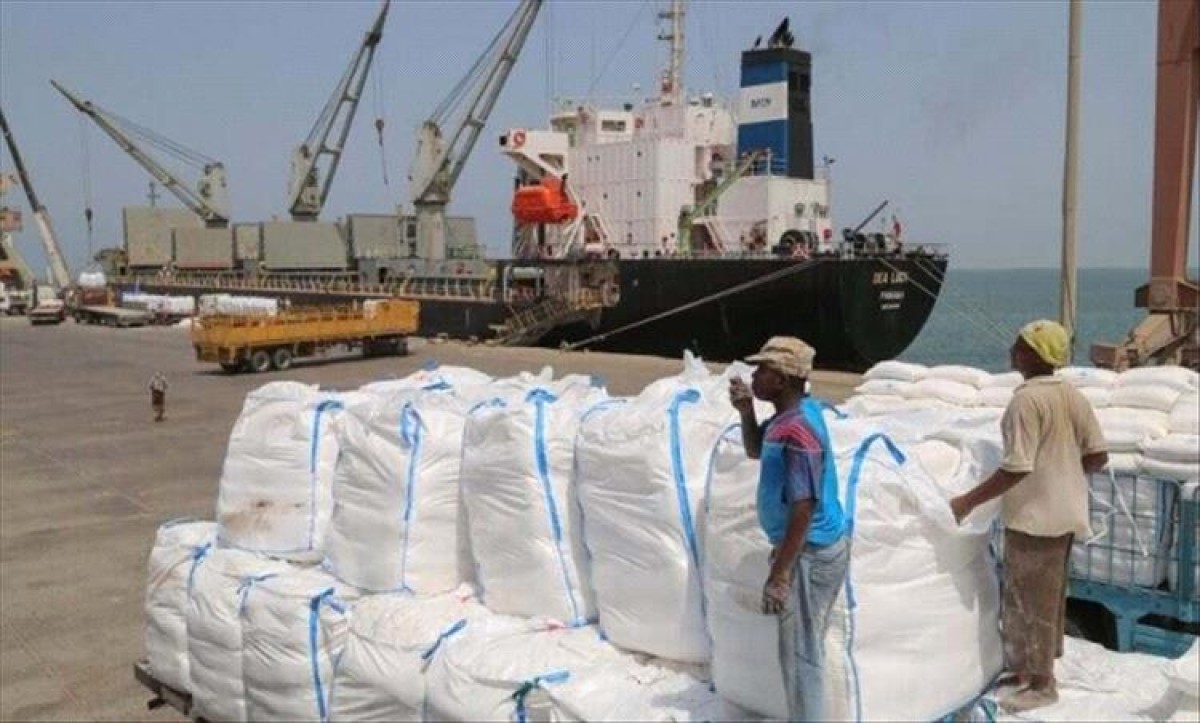An international warning about the rise in flour prices in Yemen


The United Nations warned of an increase in flour prices throughout Yemen, as a result of the Houthis banning its import through the ports of Saleef and Hodeidah, which are under the group’s control.
The United Nations Food and Agriculture Organization (FAO) said in its “Yemeni Market and Trade” bulletin, “There is a risk of significant price inflation in the coming months throughout Yemen due to the Houthi militia’s ban on the import of wheat flour through the ports of Saleef and Hodeidah.”< /p>
The FAO stressed that “the sudden ban, without a sufficient transition period, coupled with the decline in local milling capacity and the milling monopoly, raises concerns,” and it is likely that this will lead to a decrease in imports, disruption of trade and supplies, and an increase in wheat flour prices in the short term.
She added that this will motivate traders to import wheat flour through the port of Aden, incurring significant transportation costs, roadblock fees, and double taxes, which will ultimately be passed on to consumers in the form of higher prices.
The FAO indicated that this measure came only two months before the month of Ramadan, and pointed out that this month is a period of peak demand and consumption, which increases the risk of inflation.
The Houthi group recently banned the import of flour, amid warnings of its repercussions on food security in the areas under its control, the occurrence of a supply crisis in the material and its high prices, opening the way for the black market and exploitation of the suffering of citizens.